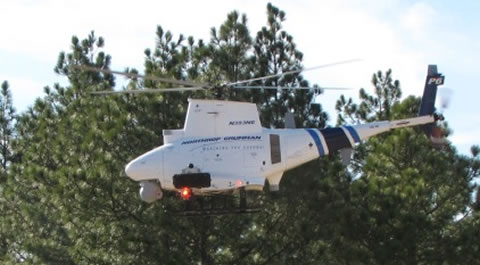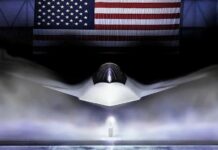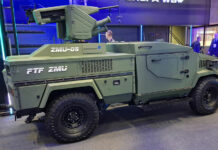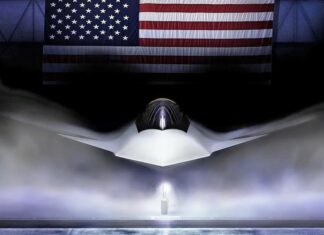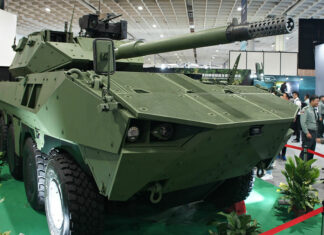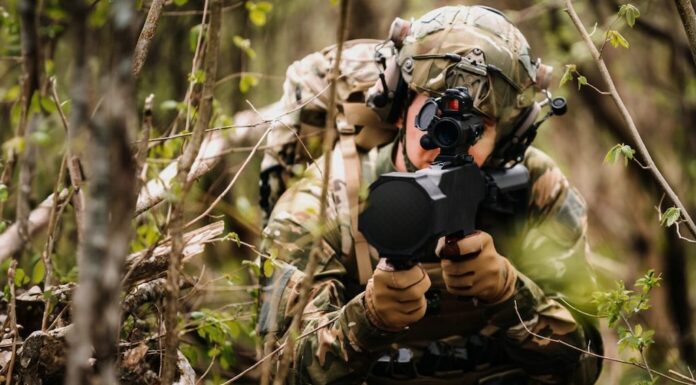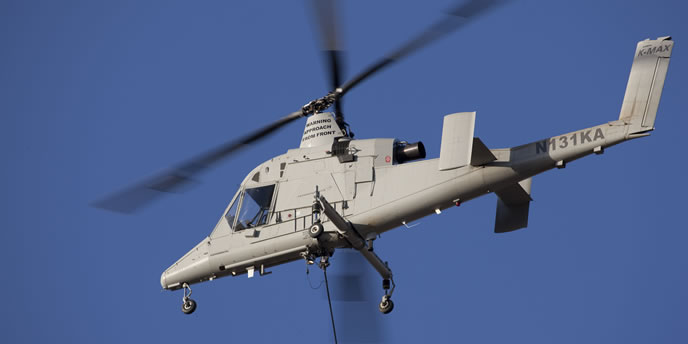
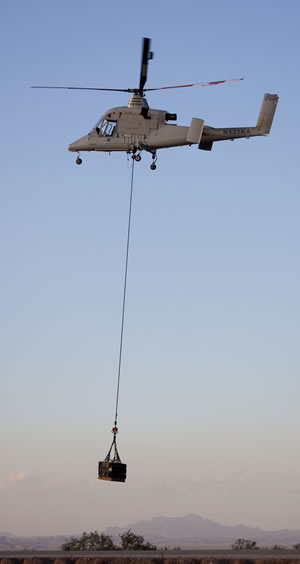 The Marine Corps is nearing a decision about the deployment of unmanned air systems to resupply forward units in Afghanistan, replacing some of the convoys moving on the dangerous roads there. The Marines are evaluating three platforms – the Kaman K-MAX helicopter or Boeing A160 Hummingbird. The MQ-8B, which was not included in the preliminary evaluation, could also be considered, given the platform’s maturity with the U.S. Navy. The cargo carrying capability of the FireScout was recently performed by Northrop Grumman, demonstrating an autonomous resupply capability for the army.
The Marine Corps is nearing a decision about the deployment of unmanned air systems to resupply forward units in Afghanistan, replacing some of the convoys moving on the dangerous roads there. The Marines are evaluating three platforms – the Kaman K-MAX helicopter or Boeing A160 Hummingbird. The MQ-8B, which was not included in the preliminary evaluation, could also be considered, given the platform’s maturity with the U.S. Navy. The cargo carrying capability of the FireScout was recently performed by Northrop Grumman, demonstrating an autonomous resupply capability for the army.
The three platforms differ considerably in their cargo lifting capability. Hummingbird has the largest payload capacity, lifting over one ton of cargo (1,134kg). As a manned helicopter, K-MAX has demonstrated track record operation in high altitude (it is commonly used in the forestry industry) where it can lift over half a ton (690 kg. at an altitude of 12,000 ft). The FireScout will be able to lift about 400 kg cargo. Yet, the MQ-8B will have the advantage that, being a program of record with the Navy and Marine Corps, it will have all the logistical support in place, therefore reducing life cycle cost. The Army has recently cancelled the planned procurement of MQ-8B as part of the future ‘Brigade Modernization Program’, leaving the Navy and Marine Corps the only future users for the FireScout.

